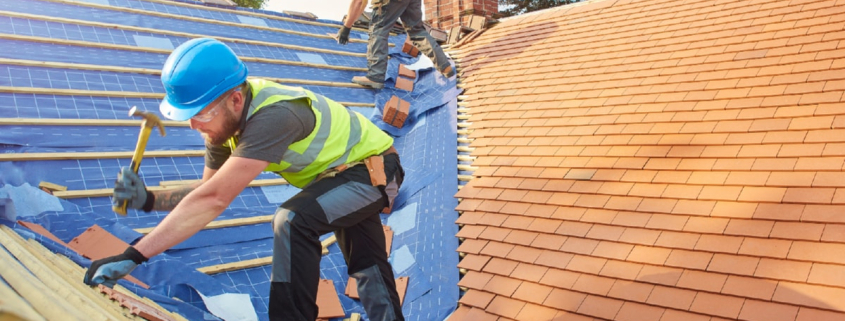The Pros and Cons of Modular Construction 5866
Understanding the Different Stages of a Construction Project
Whether you’re a homeowner or a real estate investor, understanding the various stages of a construction project can be beneficial. It not only helps in forecasting costs and creating a timeline but also in assuring the project meets the desired standard.
The first stage is the conceptualization and design phase. This is where you, alongside an architect or designer, develop a blueprint for your project. The design should take into account both functional aspects and aesthetic preferences. The plan will then be cross-checked against local regulations and standards to ensure compliance.
The second stage involves securing all required approvals. These can include zoning permits, building permits, and environmental permits. It’s critical at this stage to have a knowledgeable contractor or construction firm by your side to handle this often complex process.
The third stage, the construction phase, is where the blueprint is transformed into a physical structure. This involves several steps, such as site preparation, foundation construction, framing, installation of systems (electrical, plumbing, HVAC), and finishing. Each of these steps must be meticulously overseen to ensure quality and compliance with the design.
The last stage is the completion phase. This includes not just the final touches and cleaning, but also thorough inspections to ensure that all work has been done in adherence to regulations and as per the design. Once the project passes inspection, the construction company transfers the completed project to you.
In conclusion, understanding the different stages of a construction project can make the construction journey smoother. It helps in managing expectations, efficient planning, and ensuring the end product is exactly as envisioned. Remember, good planning is the key to successful construction.
Essential Tools Every Construction Worker Needs
Whether you are a seasoned construction worker or a beginner in the field, having the right tools is critical for efficiency and safety on the job. Here are some tools that are vital for every construction worker.
Firstly, protective gear is non-negotiable. This can include protective helmets, sturdy footwear, safety goggles, and high-vis vests.
Secondly, basic tools such as hammers, tape measures, screwdrivers, and utility knives are indispensable. They are used frequently and are basic to most construction tasks.
Thirdly, power tools like drills, circular saws, and sanders can greatly increase efficiency and precision.
Lastly, specialized tools may be required depending on the type of work. For example, a roofer would need roofing nailers, while a carpenter would need chisels and planes.
In summary, having the right tools can improve safety, efficiency, and ease of work. Always remember, using the appropriate tool for each task is crucial in construction.
For more details, check best Chimney Services Kildare or visit their Chimney Repair business page here.




Leave a Reply
Want to join the discussion?Feel free to contribute!